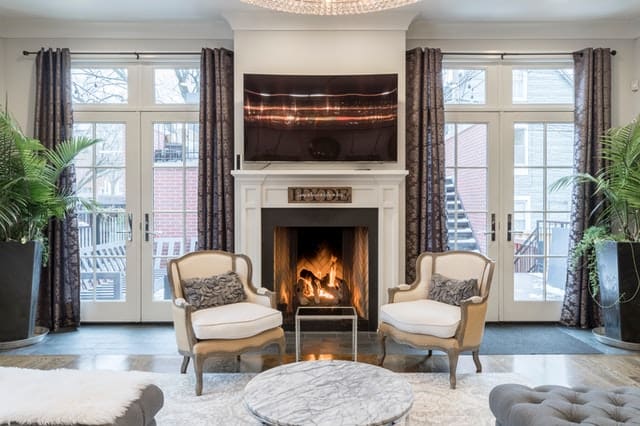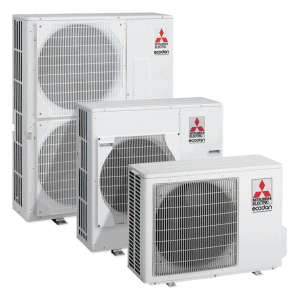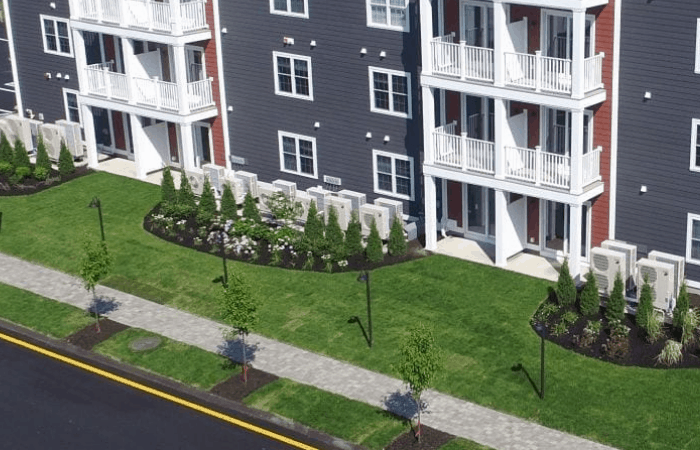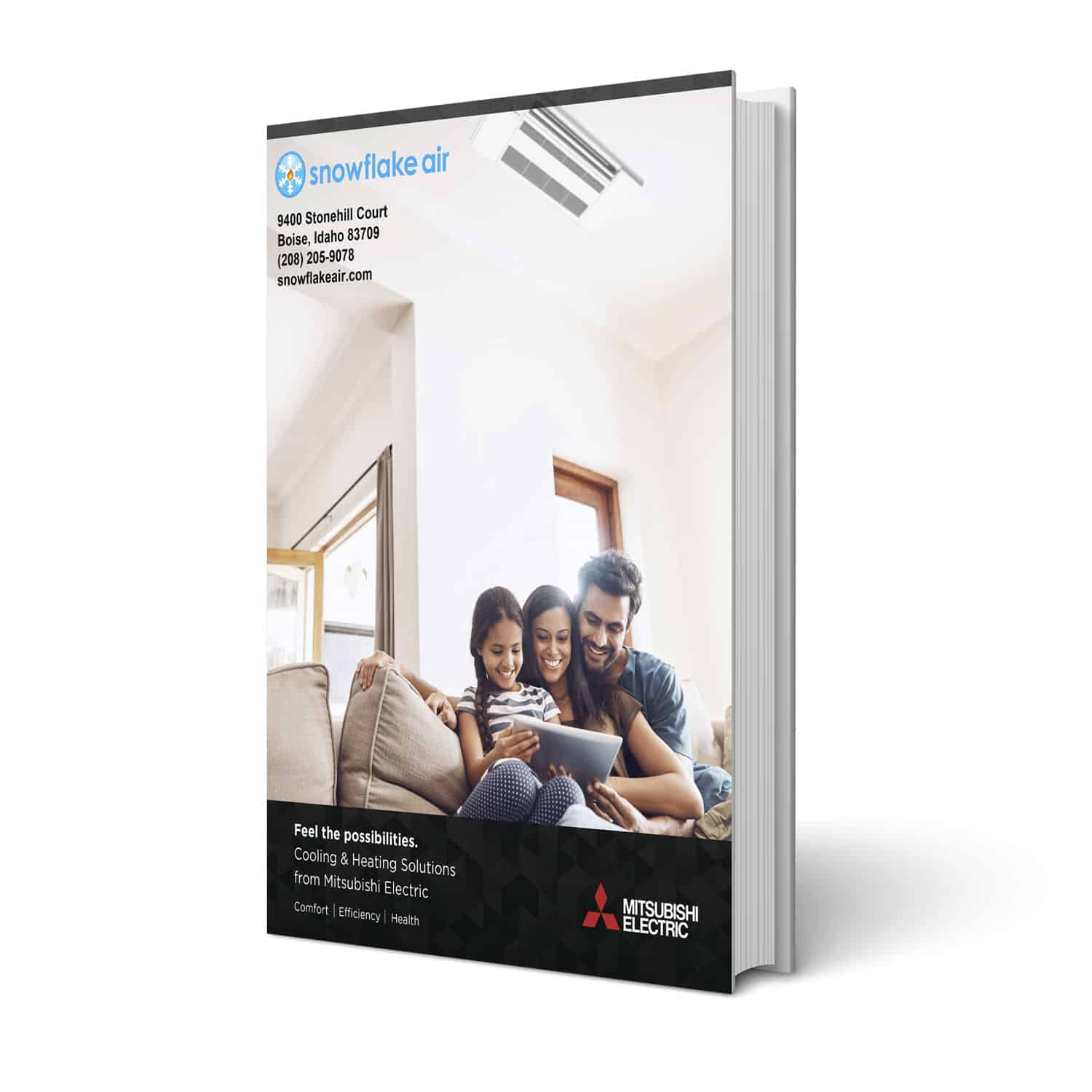Who holds responsibility for HVAC maintenance in a rental?
All the components and areas in your rental property demand regular upkeep and repairs. Timely maintenance ensures the property’s habitability and preserves its initial value.
Regular homeowners know that they have to maintain their units at some point. But when you put the same HVAC unit in a rental property, the question of responsibility enters the picture.
Many landlords and tenants can’t seem to agree on HVAC maintenance responsibilities. They aren’t sure who is accountable for various upkeep procedures related to the HVAC system.
In the following paragraphs, we’ll explore this oft-disputed topic of rental properties. We are going more into detail with each of the tasks to explain the most common principles behind HVAC maintenance in rentals.
What Are the HVAC Maintenance Needs?
Your HVAC system takes care of heating, ventilation, and air conditioning. All of these components are important to ensure a rental space’s habitability. But every part of your HVAC requires some procedures to keep things running. And someone has to be responsible for that.
Heating
Heating is a crucial pillar of the HVAC system. The rooms in your rental property need to have a comfortable temperature. As a landlord, you need to ensure that the living spaces are adequately heated. And you have to conduct furnace maintenance as well.
Learn about the heating standards in your area. Some localities have put their own temperature requirements in place. Sometimes seasonal differences exist in the local temperature guidelines. Plus, there may be rules based on the particular time of day.

Ventilation
Ventilation is another key amenity in a rental property. Heating without ventilation is a broken solution in most cases. The lack of air circulation may result in the loss of habitability.
Non-circulating air invites trouble. Your rental unit is much more likely to suffer from rot, mold, and critters when there is inadequate ventilation inside. These problems are linked to an increased risk of your tenants’ health issues as well.
Ventilation helps to remove all of that excess moisture that could build up in your rental. You could opt for a dryer with an exterior vent or a central ventilation system. Both types of solutions improve the quality of living inside the rental unit.
You could encourage your tenants to help the ventilation cause. They can air all the rooms regularly. Just opening the windows and doors is enough. Recommend the airing of rooms after taking a long shower or preparing a big meal.
Air Conditioning
Air conditioning isn’t considered as essential as heating and ventilation. The majority of states and municipalities require no rental properties to have an A/C unit. Habitability is ensured by other means.
Once you have an A/C in the rental unit, you should maintain and repair it as needed. Good air conditioner service is a must. Depending on the circumstances, failure to maintain the unit can be considered as landlord negligence.
HVAC: Who Is Responsible For What?

Have a clause in your lease agreement that governs the HVAC system upkeep principles. You have two options here. Either you take the full responsibility, or you choose a shared approach.
- Shared approach: You control the HVAC, but your tenant maintains it. You should get the big repairs and service done on the system. But minor responsibilities, such as changing the filters, is your tenant’s duty.
- Landlord-only approach: You hold full responsibility for every aspect related to heating, ventilation, and air conditioning. Your tenants won’t have to worry about minor or major repairs and maintenance challenges.
It’s also important to have your furnace inspected before starting it up in the fall. It improves efficiency and performance, and reduces the risk of a breakdown.
What About HVAC Emergencies?
Now let’s take a look at some of the most common HVAC emergencies. These scenarios cover the system’s errors that result in partial or complete failure of the HVAC unit.
- Thermostat issues: Whenever you have a malfunctioning thermostat, check the battery status. If the battery isn’t empty or on the brink of running low, get help from a heating and air conditioning company.
- Blocked filters: Maintenance is necessary to keep the HVAC filters clean. As time passes, the dirt accumulates and could lead to complete blockage. To prevent an emergency of full blockage, replace the filters regularly.
- Water leaks: Have the drain lines become damaged? Maybe cracks have formed on these components? Regardless of the cause, you need to fix leaking drain lines at the earliest opportunity. Sometimes it’s nothing more serious than a blockage.
Out of all the HVAC emergencies, water leaks and clogged lines are the most typical scenarios. For instance, your renter may complain about damp air and water leaks when the drain lines are clogged.
As a landlord, you should always promptly respond to emergency requests about the HVAC system. Ignoring the complaints could legally be considered as negligence. In some areas, a failure to respond provides ground for the tenants to withhold monthly rent.
You also want to watch out for scams, like a fly-by-night contractor telling you your heat exchanger is cracked when it really isn’t. You can avoid this by making an appointment for proactive heater service from a trusted company.
In a Nutshell: HVAC Responsibilities in Rental Properties
The HVAC system is an essential part of every rental property. Ventilation and heating ensure that the rental space remains habitable for your tenants. A failure to provide habitable conditions is a legal issue for landlords.
You can take full control of maintenance responsibilities. Or you can let your tenant be accountable for minor fixes and upkeep. This needs to be clearly stated in the lease agreement.
Heating Service In Boise, ID
We hope this guide was helpful. And, you can give us at Snowflake Air a call for your next heating service needs in Boise, ID. We’re known fore being trustworthy, reliable experts with an A+ BBB rating and hundreds of five-star Google reviews. You can’t go wrong putting your faith into their services.Call us today at (208) 205-9078!




